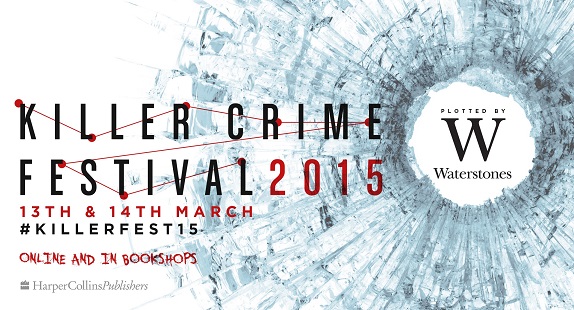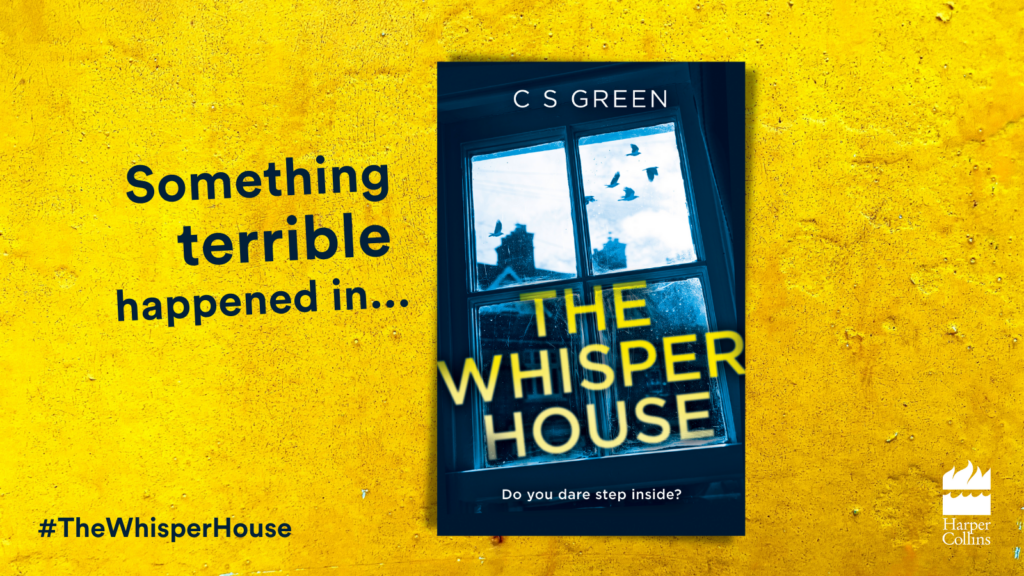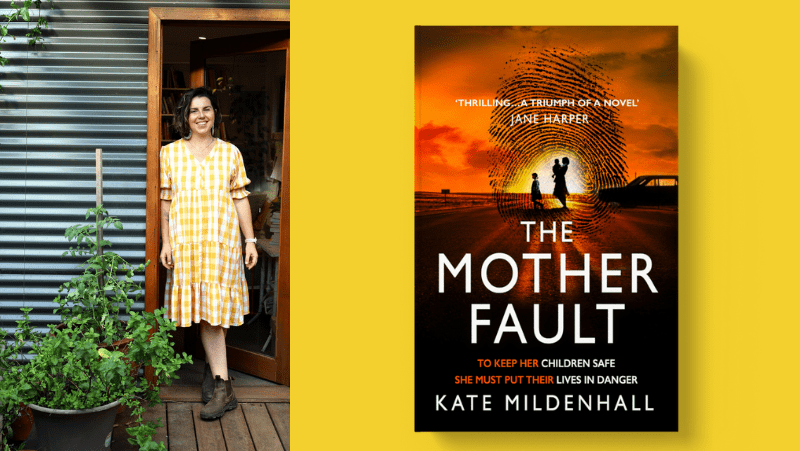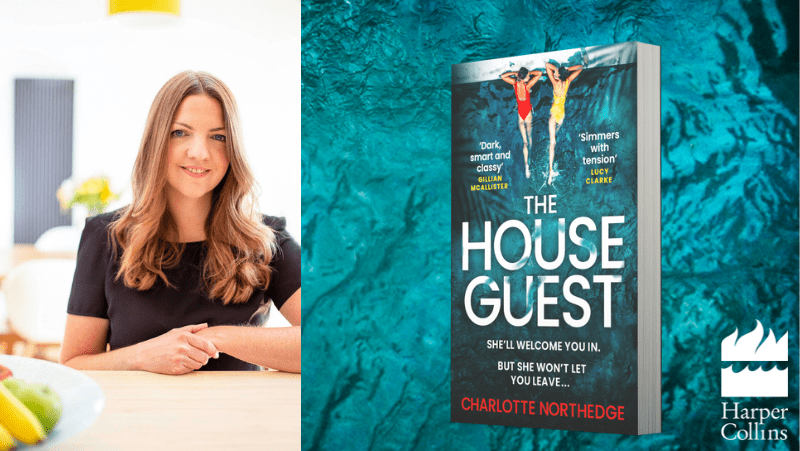As a crime fiction writer I believe that the appeal of the genre lies in the fact that there is something out there for everyone; thriller, suspense, or mystery. From detective fiction and legal thrillers to courtroom dramas and hard-boiled noir, you get to pick and choose your poison. Crime fiction, more so than any other genre, reflects our culture in America and confronts the realities of life. It takes subjects of violence, poverty, gender, and race, and examines them within the framework of a story.
There’s a trend in the American crime fiction market, a trend that has taken over bookshelves all across the country. Crime fiction has taken to telling a certain kind of story, a story that seems to have evolved by surpassing the procedural and legal dramas, the sexy, tough murder mysteries, and hard-edged noirs of the past. If this emerging trend were a movie, I’d classify it as an independent film, crime-centered, with a strong female lead, and a psychologically complex story. Referring to the trend as chick noir, domestic noir, or domestic suspense is controversial and undoubtedly there’s more brewing than just stories about wives, husbands, or marriages.
Women have been writing crime fiction for decades; from Bunny Lake is Missing by Merriam Modell (1957) and the revival of Femmes Fatales: Women Writing Pulp in 2003, from Gone Girl in 2012, to The Girl on the Train in 2014. There’s Troubled Daughters, Twisted Wives: Stories from the Trailblazers of Domestic Suspense, an anthology of tales reaching from the 1940s to the 1970s, called “One of the most significant anthologies of crime fiction, ever . . .” by the Los Angeles Review of Books. From Agatha Christie and Patricia Highsmith, to Sue Grafton and Patricia Cornwell, and the recent allure of female Scandinavian crime fiction writers, they all have something in common; as women they are bound to express issues of female concern and touch on challenges within ourselves, which are far greater that those imposed by society.
There is a surge in female-focused crime fiction, suspense, and thriller novels, and the power of those stories seems to lie in revealing unknown sides of ourselves to readers while exposing the depth of the psychological pressures and difficulties faced by women today. There are innovative narratives with thrilling plots and well-developed characters through which crime fiction authors criticize the cultural norms women experience throughout their lives.
The genre has evolved by surpassing the procedural and legal dramas of the past, the sexy, tough murder mysteries, and hard-edged noirs by playing with society’s assumptions about how women should behave. The subsequent stories contain rather shocking plots, unsuspected twists, and all the while they are pushing expectations to extremes. There are women in deceitful marriages, two-faced husbands, and women as alcoholic divorcees, but all the while there is something else; the fact that narrators may or may not tell the truth.
And let’s be honest, there’s a lot to be said about an unreliable narrator who plants an idea in the readers’ head and quickly turns that idea into a flicker of fear, a sickening belief that something has gone terribly awry… but you’re just not sure what it is, and even if you did, even if you manage a glimpse behind the façade, is the narrator really telling the truth?
We ended up with stories that neither neglected plot nor skimped on character development but produce a perfect union. And how does such union not a winner make?
I guess one could say that there’s a new girl in town. She’s caught up in a crime, she’s unpredictable, and moody. She’s deeply flawed – which makes us love her even more – and her psyche is in tatters. And she’s not to be believed. She’s the new girl in town and she’s telling captivating stories beyond genre, beyond maverick detectives, gunfights, and car chases.
She’s here to stay and since she’s unpredictable, who is to know where she’ll take us? If there is one thing I’ve learned, there’s no limit to the creativity, imagination, and ingenuity of those who write crime fiction. I plan to expect the unexpected because I’ve heard one can never go wrong that way.
Blog by Alexandra Burt, whose debut novel, Little Girl Gone, will be published by Avon Books in September 2015.



